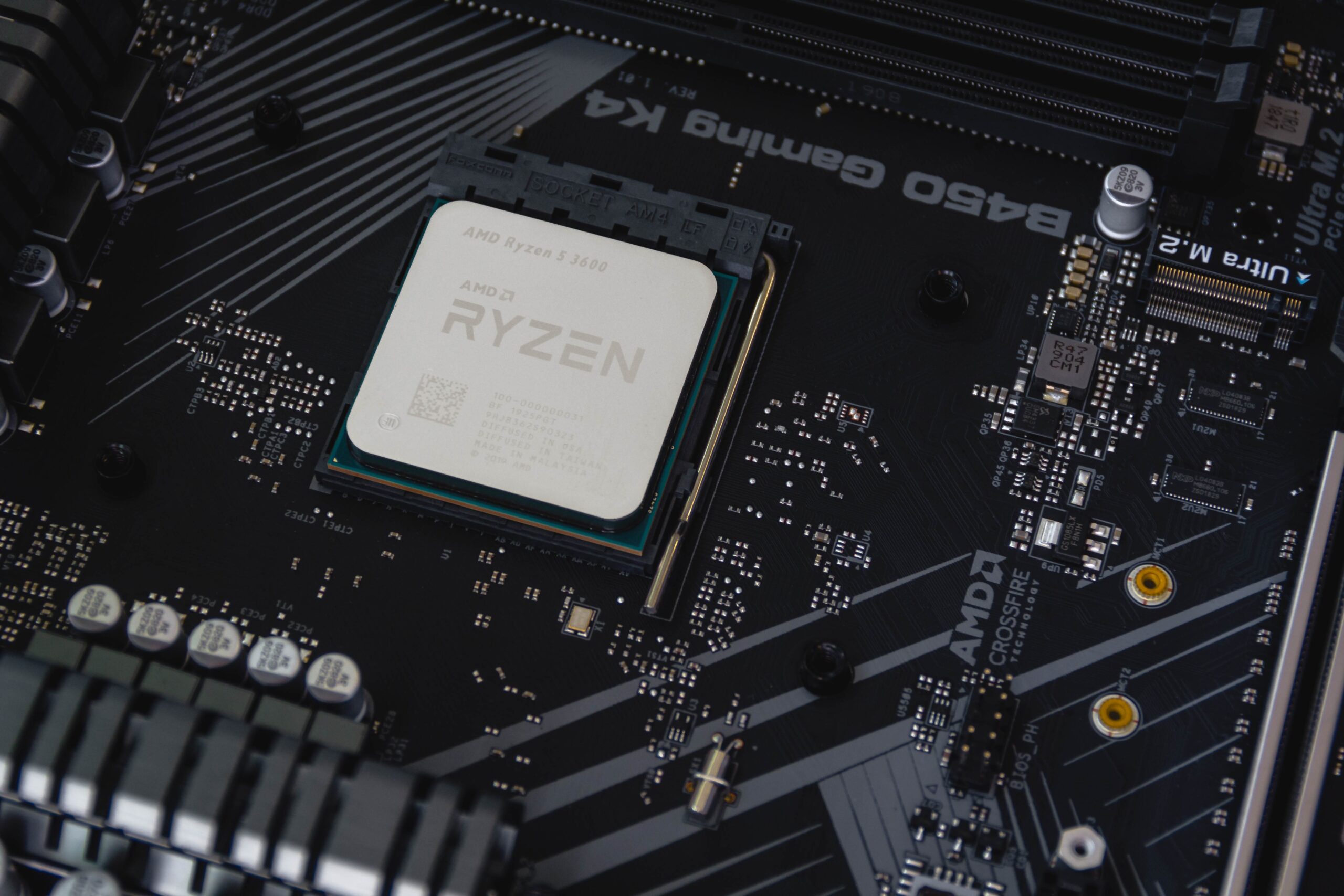Unlocking the Potential of Quantum Computing: Extending Qubit Lifespan
Quantum computing can revolutionize computing as we know it, with the ability to solve equations that would take classical computers an eternity to compute. However, the delicate qubits, the workhorse of quantum devices, are prone to collapse, making it challenging to keep enough qubits in their ideal state long enough for computations.
But a recent experiment conducted by scientists demonstrated the practicality of quantum error correction (QEC). This process keeps quantum information intact for longer by introducing room for redundancy and error removal. In the experiment, scientists could keep a qubit in its ideal state twice as long as usual, thanks to the introduction of machine learning AI algorithms to tweak the error correction routine.
The idea of QEC has been around since the mid-90s, but until now, it has not been shown to work in real-time. The experiment’s success was due to introducing redundancy in the system and actively detecting and correcting quantum errors, resulting in a gain in the resilience of quantum information.
The qubits exist in a mix of quantum states, and as they interact with other qubits, their probabilities become entangled in computationally useful ways. However, everything in the environment can act as noise, potentially influencing those delicate probabilities and introducing errors.
We just posted a brand new version of our paper on "Quantum Pseudoentanglement," with two new authors and many new results! 😀
See scirate: https://t.co/ElEnldbw9U
🧶 1/13#QuantumComputing pic.twitter.com/fFE3JY5naG
— Soumik Ghosh (@ghosh_quantum) April 11, 2023
Scientists have struggled to implement QEC because it can introduce errors. The extra space for error correction can make the qubit even more vulnerable to interference from the surrounding environment. However, this experiment demonstrated that QEC is a practical tool, more than just a proof-of-principle demonstration.
While scientists have made significant strides in the development of quantum computers, there is still a long way to go before the full potential of the technology is realized. Nevertheless, this experiment represents a crucial step towards practical quantum computing, providing a roadmap for further research and development. With the promise of quantum computing, it is exciting to imagine the future of computing.

































